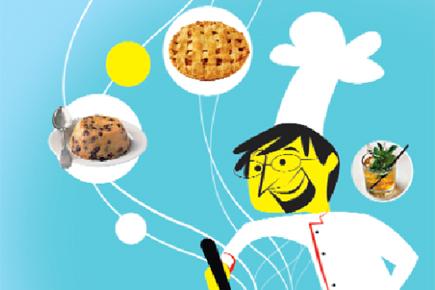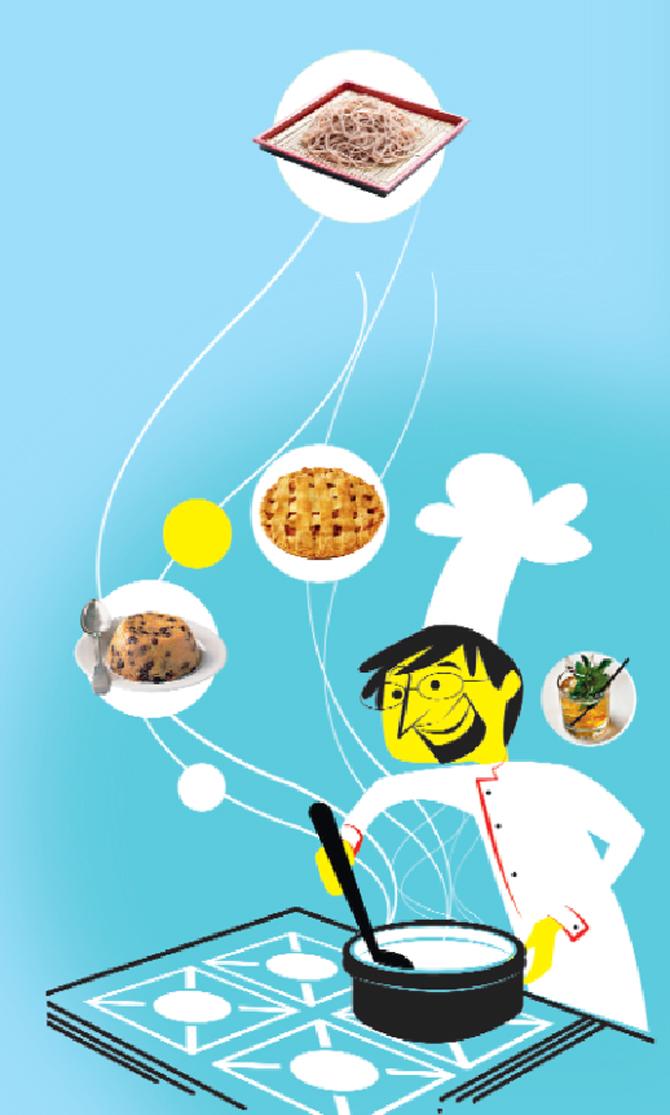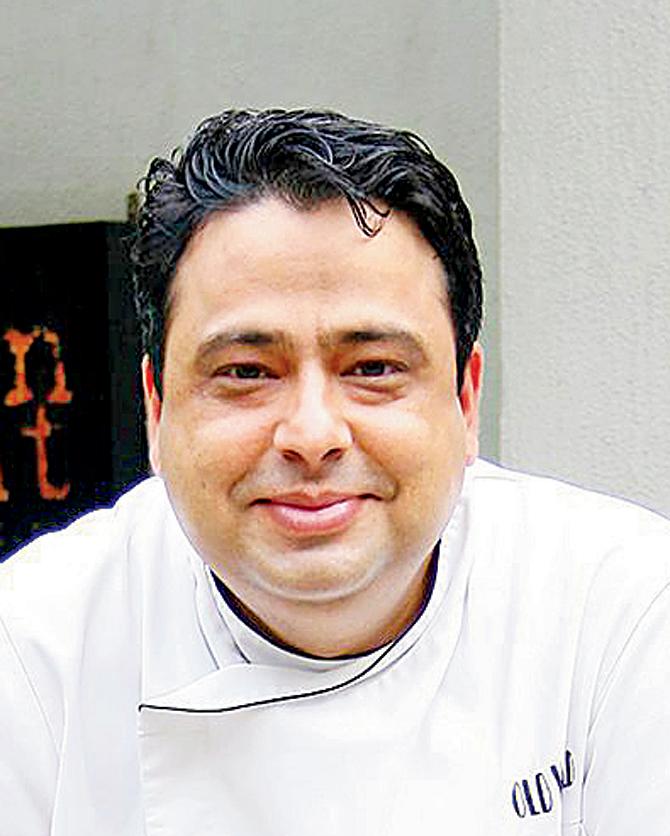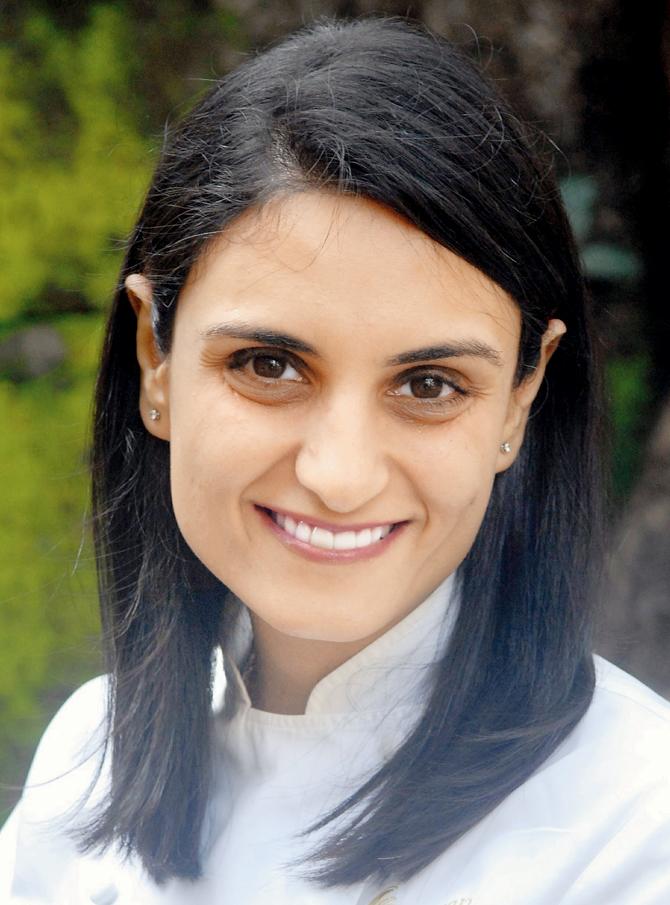Molecular mixology, vegan food, charcoal flavours, savoury desserts, house infusions - India's popular chefs share their thoughts on what to expect in 2017. Joanna Lobo takes notes


ADVERTISEMENT
Thumbs up for charcoal

Manish Mehrotra
Corporate chef, Indian Accent
Worldwide, I think Portuguese cuisine is going to be hot in 2017. We will see Indian food shine in the West, through pop-ups and restaurants, serving traditional food in a different way. Charcoal is going to be a new flavour, in India and across the world. People are using it in drinks, as a smoking device, or as infusions. Another global trend that we intend to start following is no-waste cooking - using ingredients you would usually throw away as waste. For example: radish or broccoli leaves, and cauliflower stems. Vegetarian dishes will make it to main courses, moving beyond paneer or mushroom and instead, focussing on options like roast golden beetroot. In terms of larger food trends, people are going to start using more gadgets - coffee machines, juicers, hand blenders and other fancier equipment, which in turn will affect their cooking.
Gastro pub dining

Kshama Prabhu
Executive chef, Corum Hospitality
There will be a lot of awareness about vegan food. Regional cuisine will go micro, and will focus on smaller communities and pockets. This year, we had home chefs tie up with restaurants and hotels to bring out their food; this is set to become larger. In desserts, savoury will be the new big thing. Bacon is done and dusted but we will see spices infused in dishes. Currently, I am working on a black pepper sweet sauce for one of my desserts. Now that the semi fine-dine and fine dine aren’t trending, the next best thing is going to be the gastro pub - a fine dine setting with cheap alcohol and good food.
Respect for classics

Kainaz Messman Harchandrai
Chef, Theobroma
We are moving forward by moving backwards. Classics are making a comeback; not just bringing back products and recipes from yesteryear but making them well, with the right ingredients. Molecular gastronomy is on its way out because the focus is shifting to traditional methods and ingredients. The trend is moving towards cast iron equipment, firewood for ovens, levain versus yeast and a slow, natural fermentation process. In terms of innovation, we are producing a new breed of talented young pastry chefs. They are creating Indian-inspired desserts, reinventing chocolate sculptures and wedding cakes with modern techniques, and coming up with interesting combinations - edible flowers, spices combined with chocolate or fruit and layering of flavours and textures. They are also creating elements in-house - smoking chocolate, preserving fruit and making jams, distilling spirits and making liqueurs.
Think umami

Zac Abbott
Head mixologist, MasalaBar
Cocktails are going to see an extension of farm to table (farm-to-glass) as bars rely on using their own fresh ingredients. There will be a culinary approach to cocktails, taking inspiration from gastronomical techniques in the kitchen, such as sous vide and molecular mixology. We will see an advanced version of molecular techniques - using foams and airs. The process of making a cocktail is set to change; it will no longer just be blending different ingredients or drinks. Shaking, stirring, barrel-aging, macerating and using sous vide will gain currency. I love distilling, and have already started doing it and I see more bars catching on. Savoury drinks will be in, especially those focussing on umami flavours. Imagine a Bacon Bourbon Cheese Vodka served with cherry tomatoes and horseradish and cheese toast, or a truffle or bacon drink.
 Subscribe today by clicking the link and stay updated with the latest news!" Click here!
Subscribe today by clicking the link and stay updated with the latest news!" Click here!






